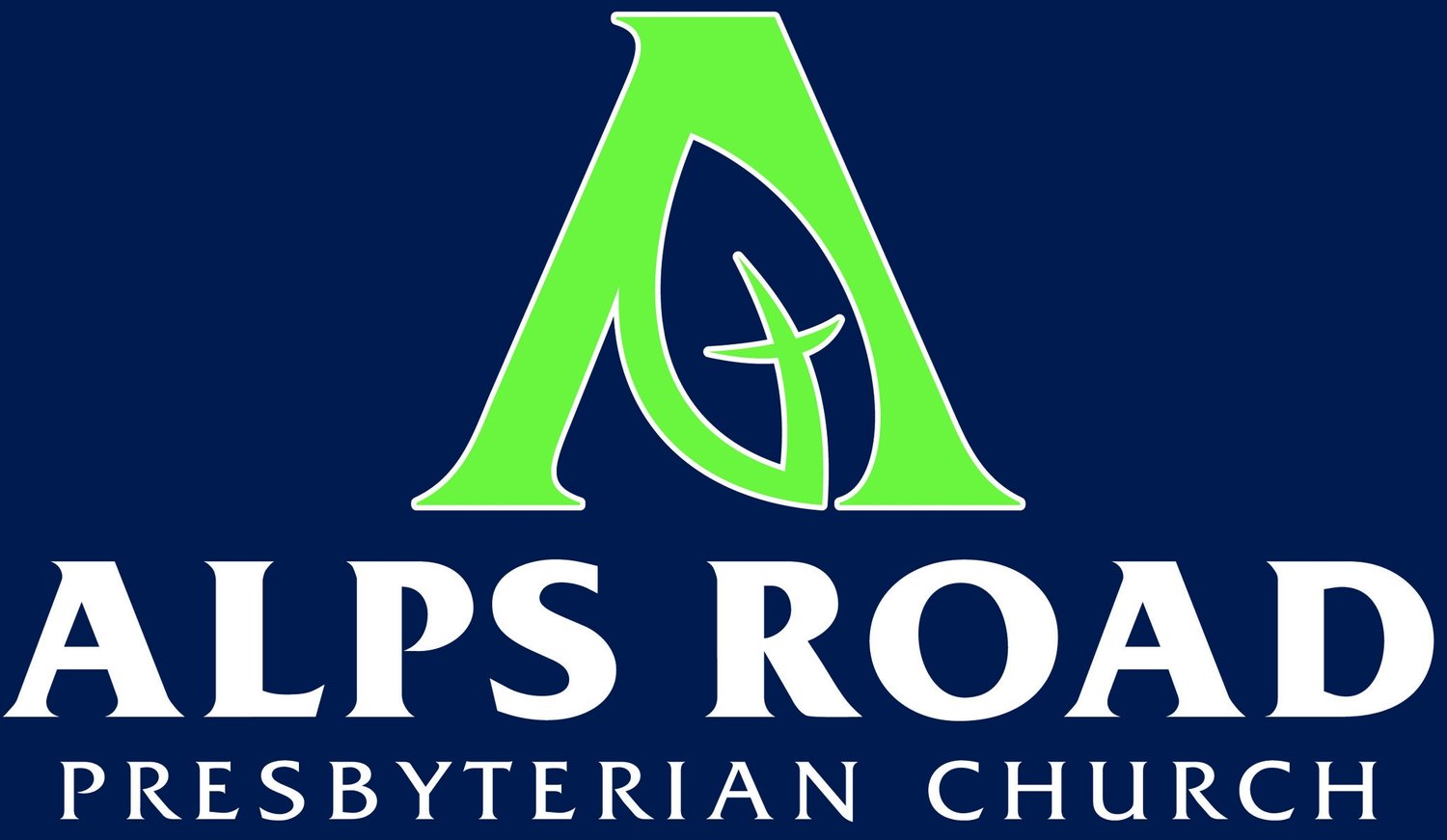The Sacraments of Baptism and the Lord’s Supper
“Do this in remembrance of me.” Luke 22:19
One of the most important writings for the Protestant Reformation was Martin Luther’s 1520 treatise, The Babylonian Captivity of the Church. In it he examined the seven sacraments of the church to determine which were truly sacraments. Using scripture, he determined that only two were properly considered sacraments. Others might be important ceremonies in the life of the church, but they did not rise to the level of a sacrament.
To be a sacrament, Luther determined that the practice had to be instituted and commanded by Christ himself. In addition, each needed both a promise and a sign accompanying the promise. A true sacrament also was not merely part of God’s common grace for everyone but specifically for the church.
Both baptism and the Lord’s Supper fulfill these qualifications. Both have promises attached to them, which is the promise of salvation in Jesus Christ. They both have signs of the promise: water for baptism and the elements for communion. In addition, they are for Christians only and both are specifically commanded by Christ (Luke 22:19, Matthew 28:18-20).
There were five other ceremonies the church considered sacraments in the Medieval period. Luther examined each one. Penance, for example, was not a sacrament because it was not meant to be a one-time act of confession. While repentance was commanded, a sacrament of penance was not. In addition, there was no sign attached to repentance, other than baptism.
Confirmation was an important ceremony for recognizing adult professions of faith, but it was not a sacrament. Faith was commanded by Christ but not a sacrament of confirmation. Marriage was not a sacrament because it was not just for Christians. It was part of God’s common grace to every person and not just for the church. In addition, there was no sign attached to marriage. Ordination was another important ceremony but not a sacrament. Last Rites was a time of prayer for the sick but was not commanded by Christ.
At the time of the Reformation, the people were not allowed to receive the cup during Communion, only the bread. Luther objected that this was a way the church was being held “captive” by the excessive legalism of the church. Everyone should be free to receive both elements, he said. The Holy Spirit anticipated this controversy, said Luther, when he inspired Jesus to say to the disciples, “all of you drink of this cup.” Everyone, said the Spirit, should receive both the bread and the cup.
One of Luther’s great insights about baptism was that it implied a vow of faith. The Medieval church was obsessed with the monastic vows of chastity, poverty, and obedience. Luther noted that every baptized Christian had a more important vow to fulfill first. It was the vow implicit in our baptisms: the vow to die to sin and rise to a new life in Jesus Christ. Luther noted that this vow took all our lives and all our efforts to fulfill. If we fulfill it, we do not need additional vows.
We thank God for the sacraments of baptism and the Lord’s Supper. They remind us of our salvation in Jesus Christ and strengthen us for our lives of faith.
